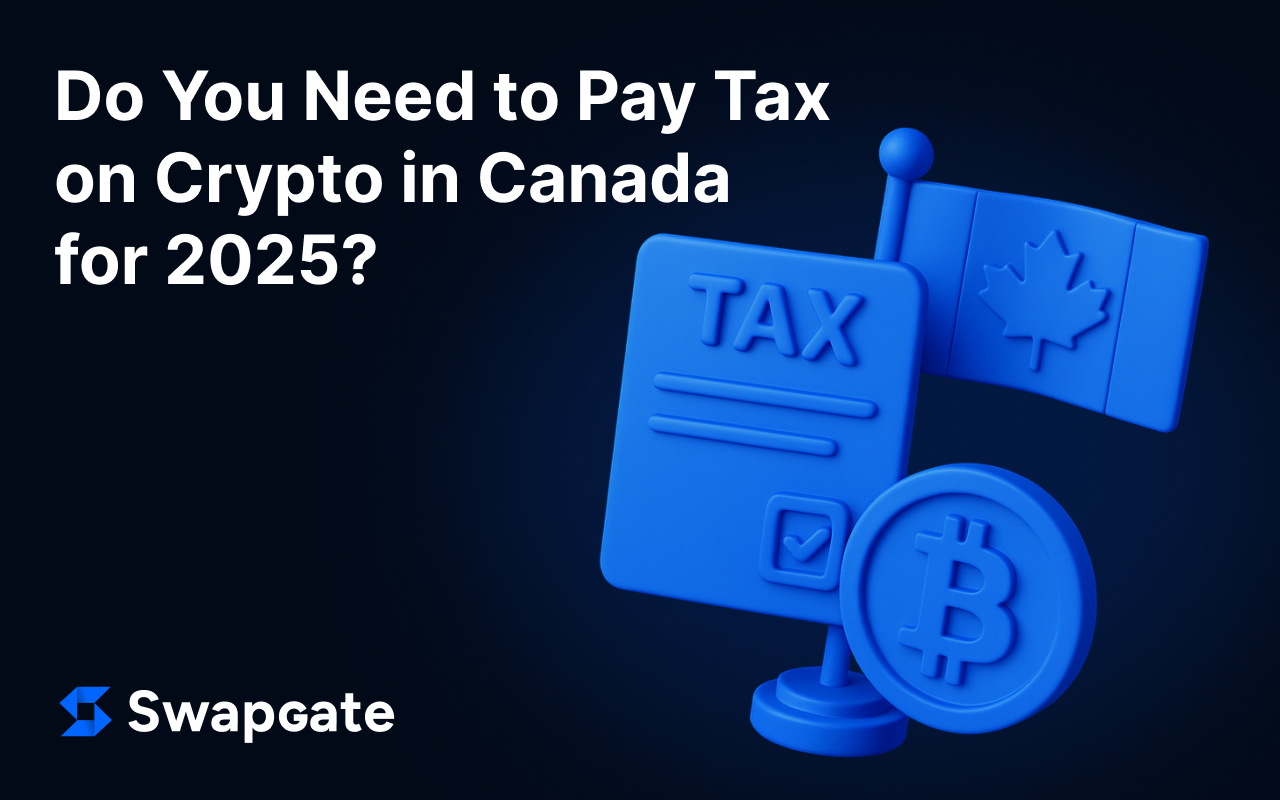
Cryptocurrency might feel borderless, but the Canada Revenue Agency (CRA) treats every Bitcoin sale or staking reward like any other source of income. Whether you’re a casual investor with a Coinbase account or a full-time miner in Quebec, you’ll face specific filing obligations in 2025. This crypto tax guide lays out the legal landscape, explains the most common taxable events, and answers the perennial question: do I pay tax on BTC in Canada?
Is Crypto Legal in Canada?
Yes. Canada was one of the first G20 nations to approve a regulated Bitcoin ETF (Purpose BTC ETF, February 2021) and continues to license centralized exchanges under provincial securities laws. The federal government’s Digital Charter Implementation Act of 2024 left crypto largely covered by existing anti-money-laundering statutes, while draft Canada crypto regulations 2025 will focus on exchange custody standards rather than creating new tax categories. In other words, owning and using crypto is legal, but the CRA still expects its share.
Tax Categories for Crypto
Trading
When you sell Bitcoin, swap Ethereum for USDT, or spend DOGE on merchandise, you trigger a disposition—and possibly a capital gain. Under Canadian rules, 50 percent of that gain becomes taxable income. If you trade so frequently that it resembles a business, every gain is 100 percent taxable as business income and eligible expenses can be deducted.
Staking
Rewards from proof-of-stake protocols are ordinary income on the day you receive them—in Canadian dollars at that day’s exchange rate. If you later sell those coins, a second taxable event occurs: capital gain or loss relative to the income amount you originally reported.
Mining
Block rewards and pool payouts count as business income. You can deduct electricity, hardware depreciation, and even a portion of internet costs, provided accurate receipts are kept. Some hobby miners argue for personal-activity treatment, but the CRA’s 2023 guidance stressed that any activity carried out “in a commercially reasonable way with a view to profit” is a business.
Reporting Requirements
All crypto transactions must be reported on your T1 General return:
| Form / Schedule | Use Case |
| Schedule 3 | Capital gains from trading or NFT sales |
| Form T2125 | Business income for frequent traders or miners |
| T777 | Claiming home-office or electricity expenses for mining |
Failing to declare crypto in Canada risks a gross-negligence penalty of 50 percent of the tax owed plus daily interest. Starting with the 2026 tax year, new crypto reporting rules under CARF (Crypto-Asset Reporting Framework) will also require Canadian crypto exchanges to share customer transaction data with the CRA automatically.
How to Calculate Taxes
- Compile CSVs from every exchange and wallet.
- Convert to CAD using Bank of Canada daily rates.
- Match cost basis. Canada defaults to adjusted-cost-base methodology; most software uses FIFO, so adjust manually if necessary.
- Apply 50 % inclusion rate for capital gains.
- Include ordinary income for staking and mining—the key element of BTC tax rules 2025.
- Offset losses—capital losses can reduce gains, but business losses offset any income category.
Example:
- Bought 0.2 BTC for CAD $9 000 in April 2024.
- Sold it for CAD $14 000 in August 2025.
- Capital gain = $5 000; taxable portion = $2 500 lumped into your 2025 income.
Tips to Stay Compliant
- Separate wallets for trading vs. long-term holding simplifies cost-base tracking.
- Snapshot staking income monthly with price references from CoinMarketCap.
- Save receipts for hardware purchases—they can be depreciated over two years.
- Don’t ignore DeFi swaps; smart-contract addresses are visible, and the CRA increasingly cross-checks blockchain explorers.
- Use reputable software like Koinly or CoinLedger that supports Canadian forms.
Advantages and Limitations of the Current Framework
| Pros | Cons |
| 50 % inclusion rate keeps effective capital-gains tax lower than in the U.S. | No de-minimis rule—buying a coffee with BTC is still a taxable event |
| Mining expenses are deductible | Complex cost-base tracking if you use many exchanges |
| Loss carry-forwards indefinite | Staking rewards double-taxed: income on receipt plus CGT on disposal |
Summary
Crypto enjoys full legal status in Canada, but every trade, reward, or mined block can create a taxable moment. That means understanding crypto taxes in Canada isn’t optional. The CRA expects detailed cost-basis records, clear separation of capital gains vs. business income, and accurate valuations for tax on BTC income from staking or mining. With forthcoming data-sharing agreements and stricter exchange oversight, skipping a year of reporting is no longer a viable gamble. Use this guide, keep meticulous records, and your crypto journey will stay on the right side of both profit and the law.